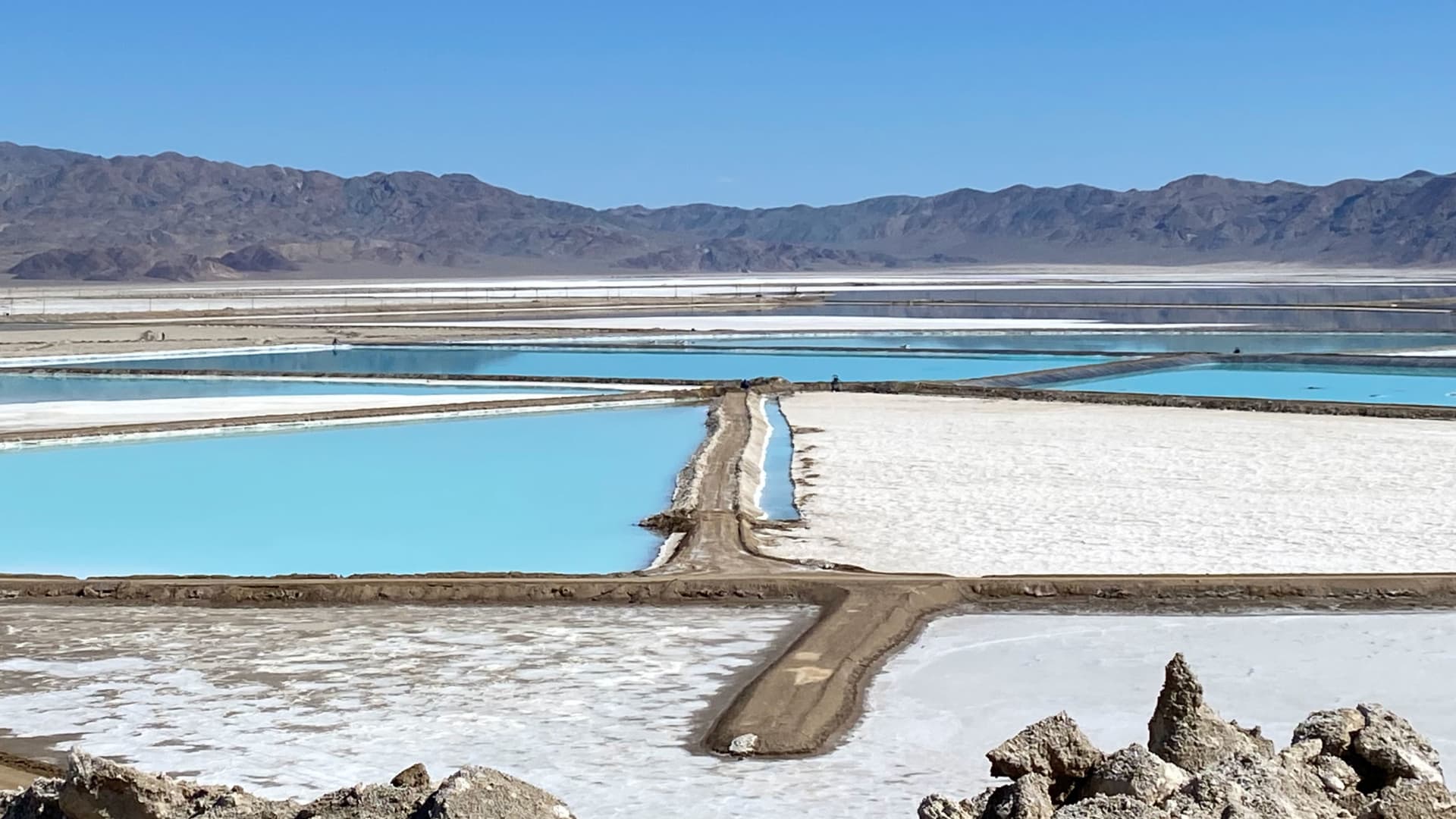not-advice. my own observation has been that IV on the very long dated options moves more slowly than IV on next week options. That's probably not a surprise, but it is something to consider. I don't know that I have particularly seen a meaningful IV change in the before earnings, to after earnings transition.
Countering that - the value of those IV changes is also a lot higher on the long dated options (you can find that in the option chain as Vega).
Federal Funds Rate (Fed Funds Rate) History (Historical) - A Comprehensive History of The Federal Funds Rate, Also Known As The Fed Funds Rate, Inlcuding The Current Federal Funds Rate
www.fedprimerate.com
Not arguing - I really don't know what will come and am completely on board with the idea that you may be completely correct. Even that there is a good chance you are correct.
HOWEVER - as fast as the Fed has been raising interest rates, and as low as interest rates have been for so long, its easy to lose track of the fact that if you agree with the stance that somewhere around 2 to 2.5% Fed target rate is neutral to the economy (neither stimulative, nor a drag; and I do agree with this view), then as high as inflation has been this year, the Fed has actually been STIMULATING the economy from the start of the year all the way through the end of July. When inflation broke 8%, the Fed was right in there with a strongly stimulative stance trying to goose the economy and make it even higher.
At the end of July the Fed achieved a neutral stance (2.25%) -- finally.
And with the last raise in late September (3-4 weeks ago), we FINALLY have a Fed and interest rate target that is actually designed to apply some brakes to the economy. For myself that is a primarily meaningful as a statement about just how aggressively stimulative the Fed has been and for how long. The Fed is now actually in a "slow the economy down" stance for less than 1 month.
It is absolutely the case that another .75 might overshoot. For my part I am more in the camp that the Fed has still been unable to get the investing class to grok that inflation is out of control and that no, the Fed put can't be relied on to cover a big market move down. I keep expecting a 1.00 rate increase when a .50 or .75 is expected as a slap to the face / punch to the gut type of attempt to get investors attention.
If I were betting, and to some degree I am, I expect the rate to keep going up this year and next to something more like 6% than the 4-5% I read people dreaming about. Because the current braking the Fed is applying is at best weak. A better mental model (again my opinion, which doesn't make me right) is somethign more like 4.5 to 5.0% at a minimum as that is about as much drag on the economy as the previous 0% target rate was stimulative. And it'll need to stay in place for more than a week or a month or two.
This dynamic, where I find myself increasingly of the belief that its the environmentalists (such as myself - I'd say that its my personal #1 issue) that are one of the biggest problems to actually accomplishing something about climate change and environmental problems.
Its one reason I am such an Elon and Tesla fan - they're doing something via a market mechanism rather than via regulations and politics. We have seen, and will continue to see, how thats playing out in Germany. I don't know the scale of the problem in California, but one benefit I do see about the big plant in Texas is some degree of protection from NIMBYism and the environmental lobby managing to shut down the #1 (MHO) entity actually doing something about climate change.
I spend more time worrying about where those mines in North America are going to come from that are essential to electrification of transportation.




/cloudfront-us-east-2.images.arcpublishing.com/reuters/GYWD3A5IABPZHMMMBSRIXCSZWA.jpg)